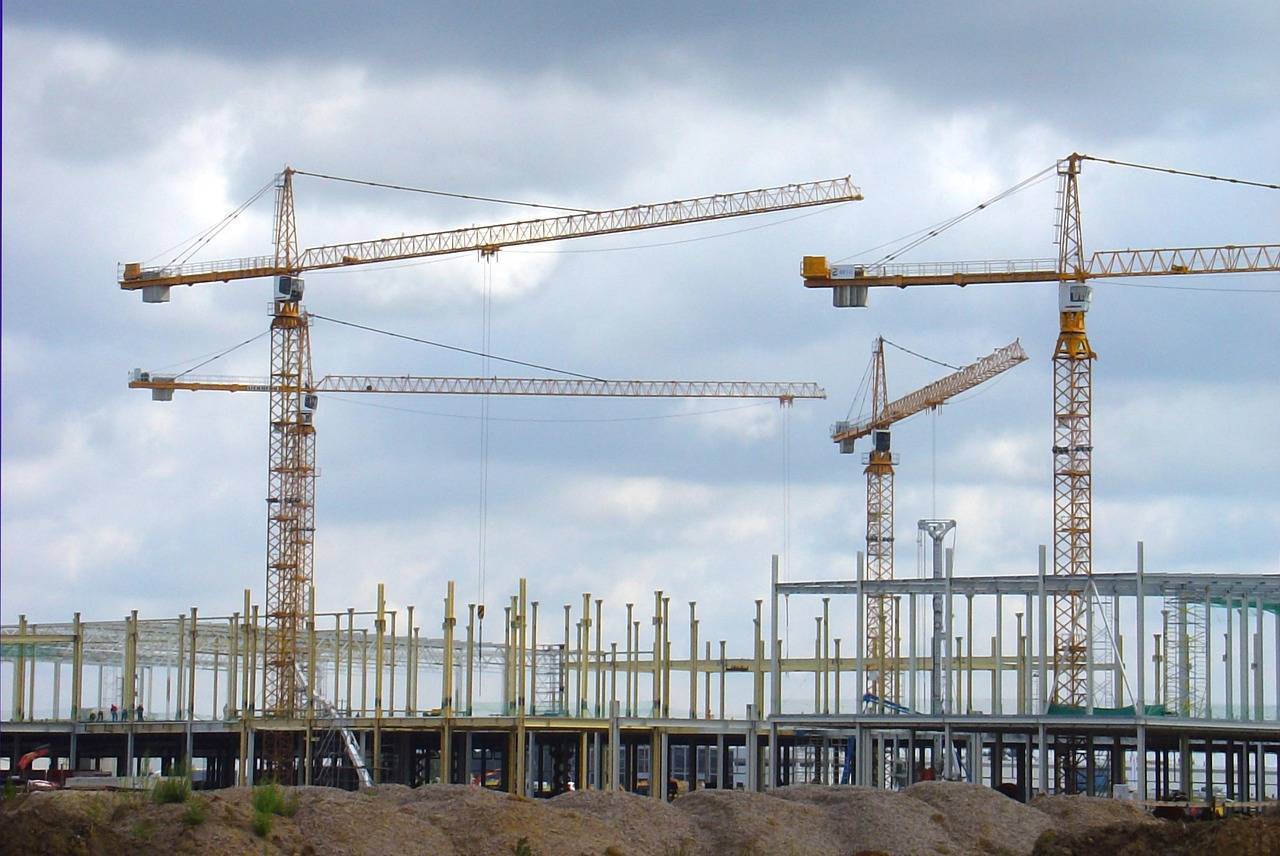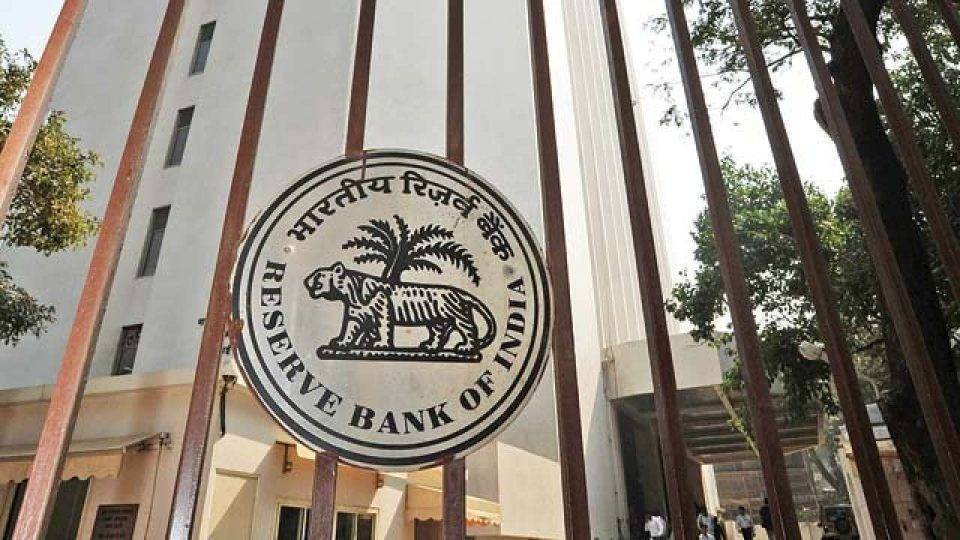The Noida Authority has launched a public awareness campaign to highlight outstanding land dues owed by group housing developers. This initiative aims to improve transparency, encourage compliance, and inform citizens about projects with pending financial obligations. Officials say the move is part of a broader effort to ensure accountability and timely settlement of developer dues.
Public Boards Installed at High-Profile Projects
The campaign began with the installation of large public boards at Lotus Panache in Sector 110 and Supertech Eco City in Sector 137. The boards explicitly display the amounts owed to the Authority, providing clear visibility on the financial status of these developments.
Lotus Panache, launched in 2010 by Granite Gate Properties Ltd, has been under the Corporate Insolvency Resolution Process (CIRP) at the National Company Law Tribunal (NCLT) since 2019. The project reportedly owes the Authority around ₹1,200 crore. Originally scheduled for completion in 2014, the project has faced prolonged delays and legal challenges. Homebuyers have approached the NCLT over incomplete construction, unpaid dues, and unresolved property registrations. Despite more than a decade since launch, several amenities remain incomplete, leaving residents in a state of uncertainty.
Supertech Eco City, another major development targeted in this campaign, also illustrates the broader issues faced by developers in clearing outstanding obligations while adhering to project timelines.
Expansion of the Awareness Campaign
Officials have indicated that the current boards are only the beginning of a larger effort. Similar installations are planned for other projects with unpaid dues, including those still under NCLT oversight. In addition, the Authority intends to upload details and photographs of these boards on its official website to maximize public awareness and reinforce transparency.
Dr Lokesh M, CEO of the Noida Authority, described the campaign as informational rather than punitive. He emphasized that the initiative is intended to make citizens aware of the financial status of certain projects and is not aimed at coercing developers. According to the Authority, public disclosure serves as a governance tool, helping residents make informed decisions and prompting developers to meet their financial commitments.
The issue of pending dues is significant. According to Authority data, ten developers have failed to make any payments despite previous commitments. An additional 13 have made only partial payments, while 35 others have deposited less than 25% of their total dues. The figures underline the challenges faced by authorities in ensuring timely recovery while maintaining ongoing construction activities.
The campaign is aligned with the Legacy Stalled Real Estate Projects Policy, introduced by the Uttar Pradesh government in 2024 based on recommendations from the Amitabh Kant Committee. The policy seeks to revive delayed projects, facilitate pending property registrations, and protect homebuyers’ interests while balancing regulatory oversight with practical completion of housing units.
Concerns of Residents and Resolution Professionals
For affected homeowners, the public boards serve as both informative and potentially disruptive measures. Many residents worry that ongoing enforcement actions, such as sealing unfinished units or issuing notices, may hinder efforts to complete pending construction. Resolution professionals managing these projects have indicated that legal remedies may be pursued to ensure compliance with insolvency proceedings, highlighting the need for careful coordination between authorities and developers.
Industry experts note that public disclosure measures must strike a careful balance between transparency and practical implementation. When combined with clear legal frameworks, such initiatives can promote accountability without unnecessarily delaying project completion or impacting homebuyers.
The Noida Authority plans to expand the campaign to other delinquent housing projects, signaling a proactive approach to managing outstanding dues in the real estate sector. By publicly highlighting pending payments, the Authority aims to strengthen governance, encourage timely settlements, and protect the interests of residents and the state alike.









.png)